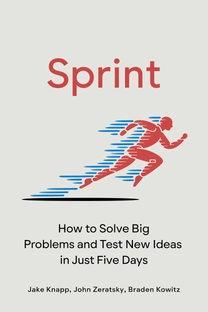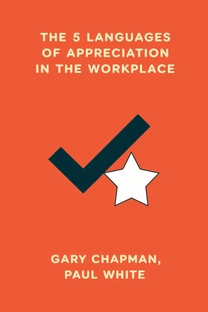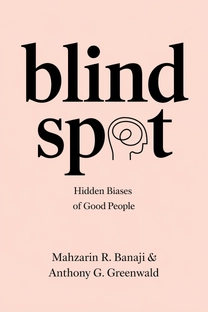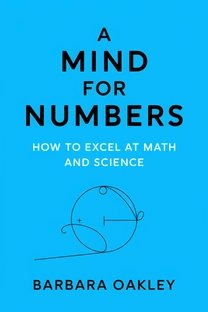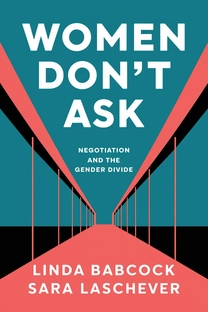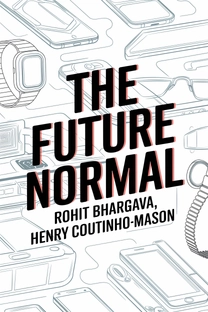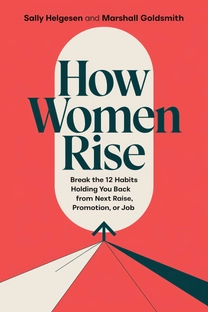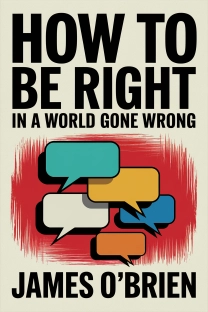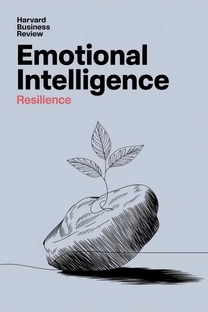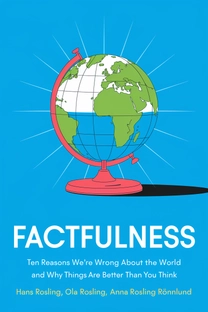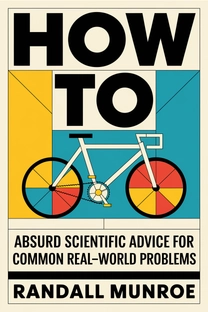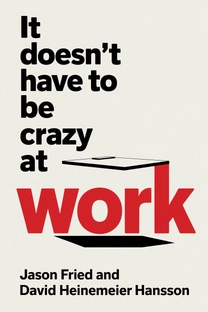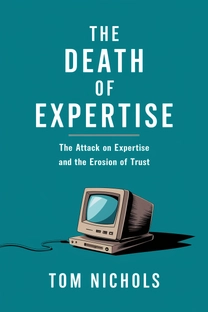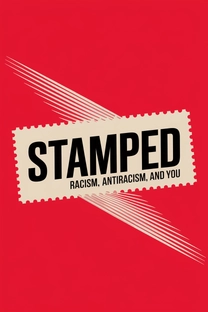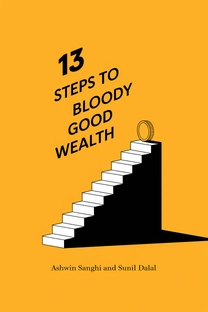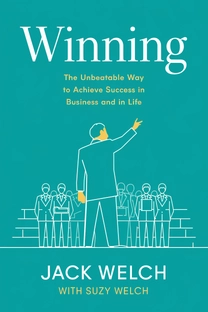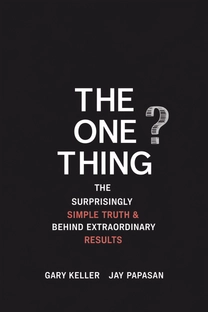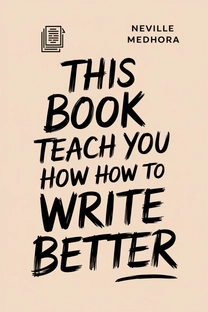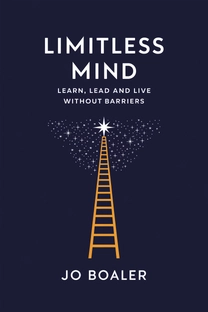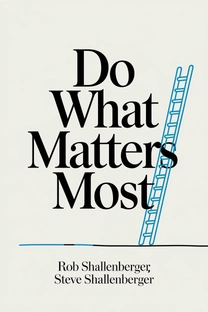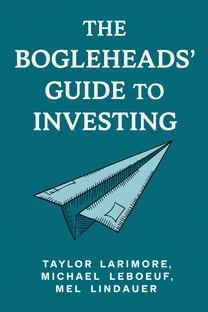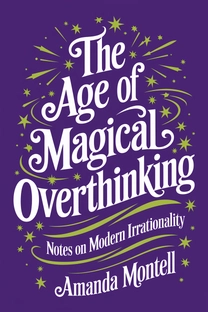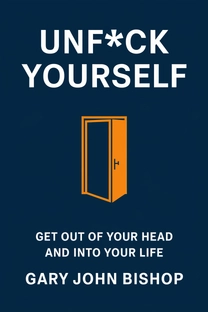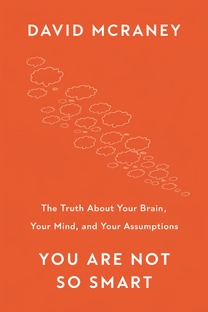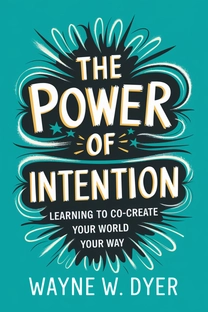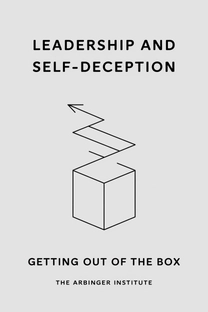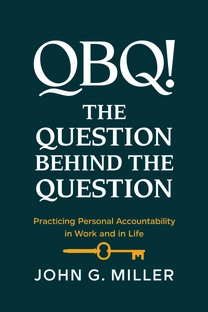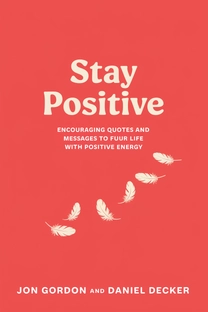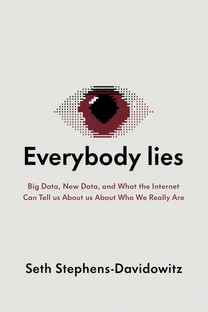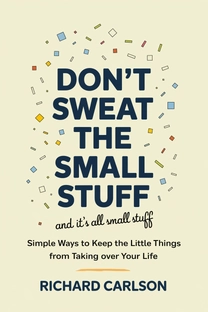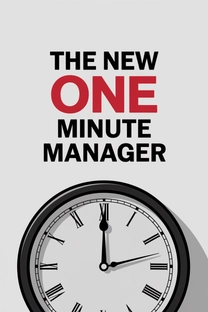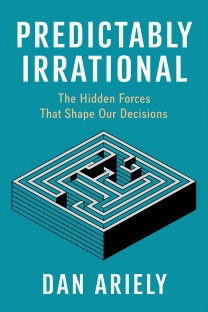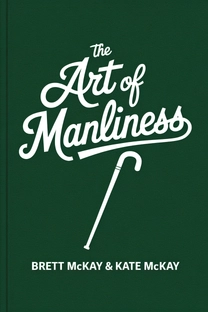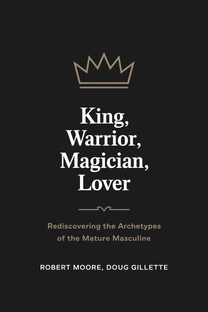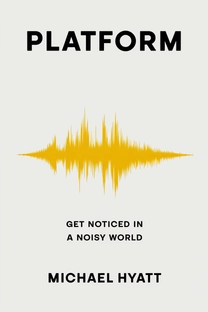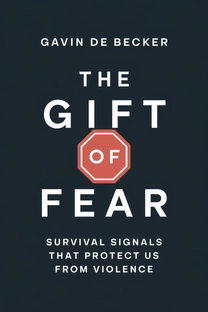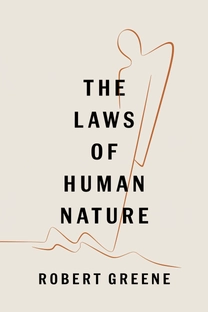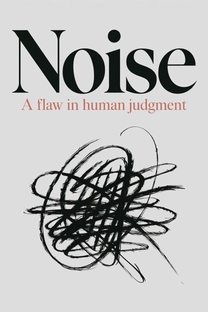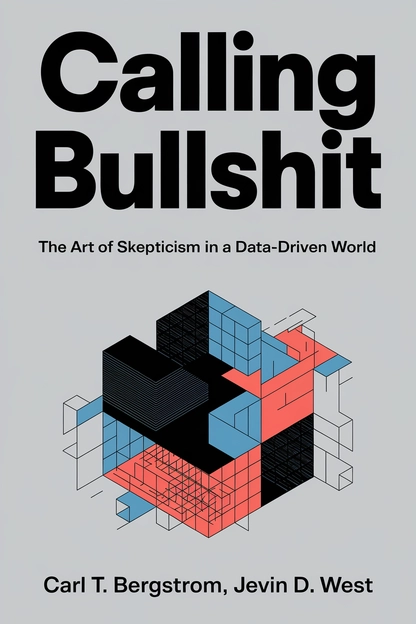
Calling Bullshit
The Art of Skepticism in a Data-Driven World
by Carl T. Bergstrom, Jevin D. West
Brief overview
This book reveals why misinformation is so widespread today and how each of us can learn to analyze and question the data we encounter. You’ll see how easily numbers, images, and social media feeds can deceive us when we don’t look beneath the surface. By the end, you’ll be better equipped to spot flawed claims and protect yourself from modern-day falsehoods.
Introduction
Welcome! We live in an era of information overload. As we scroll through social media or watch the nightly news, it’s never been easier to get lost in data, conflicting reports, or controversies. In many ways, this abundance of information can be a good thing. It helps us stay connected and discover new ideas daily. Yet with this surge comes a darker side: fake news, misleading statistics, and sensationalized headlines. This introductory page sets the stage for why we all need stronger bullshit-detection skills.
In the chapters ahead, we’ll learn how to interpret and challenge the data swirling around us. We’ll see that calling out misleading claims isn’t about being rude or contrarian—it’s about seeking clarity and truth.
You don’t have to be an expert scientist to recognize flawed research or cherry-picked stats. You just need the right mindset and a willingness to look closer. Let’s begin this journey toward a healthier skepticism.
Why Everyone Should Care About Bullshit
You might think it’s harmless to let questionable claims slip by. Maybe you feel it doesn’t affect your day-to-day life, or that it’s too draining to push back. But think again.
Misleading information can shape public policy, erode trust in science, or steer corporate decisions that impact our health. It can also deepen social divides if left unchecked.
Many people accept falsehoods because they feel unable or unqualified to question “expert” analyses. By learning a few critical-thinking techniques, you can see through even the flashiest arguments.
What is Calling Bullshit about?
"Calling Bullshit: The Art of Skepticism in a Data-Driven World" by Carl T. Bergstrom and Jevin D. West is a vital tool for navigating the minefield of misinformation in today's digital age. With society bombarded by data and persuasive claims, this book offers an insightful guide to discerning truth from manipulation. By unraveling the nuances of misleading statistics, selective data representation, and media bias, "Calling Bullshit" arms readers with the critical thinking skills necessary to challenge flawed claims and protect their perceptions from deceptive practices.
The authors delve into the psychology behind fake news and the modern-day penchant for "bullshitting." They highlight the pressing need for skepticism in an era where every piece of information can shape public opinion and policy. If you’ve ever wondered how numbers, graphs, and scientific "proofs" are used to mislead, this book provides a comprehensive investigation into these practices. It encourages readers to question the authenticity of traditional and digital media, making it an essential manual for anyone seeking clarity amid information overload.
Review of Calling Bullshit
"Calling Bullshit" stands out as a staple for those aiming to hone their analytical prowess and safeguard themselves against misinformation. Bergstrom and West excel at articulating complex statistical concepts in a manner that's approachable and engaging, encouraging readers to apply skepticism without paranoia. Their lucid prose and relatable examples make the book accessible to readers without a technical background, balancing scholarly depth with practical advice.
A remarkable strength of this book lies in its ability to dissect real-world examples of manipulated data and skewed correlations, transforming them into teachable moments. It elucidates the distinction between correlation and causation and outlines strategies for critically interpreting data—essential tools for anyone eager to navigate the complexities of modern information streams. The book's ability to blend humor with gravitas adds to its appeal, making learning about something as serious as misinformation both enlightening and enjoyable.
"Calling Bullshit" is a must-read for digital consumers, professionals, and educators alike. Its guidance is highly relevant to fields as diverse as journalism, science, and education, as well as to the everyday social media user. It delivers a resonant call to guard one's intellectual autonomy—highly recommended for anyone seeking to make informed judgments amid today's relentless information assault.
Who should read Calling Bullshit?
- Journalists, who must navigate a vast information landscape and report truthfully.
- Educators, tasked with instilling critical thinking skills in their students.
- Data scientists and analysts, who need to critically assess data veracity and interpretation.
- Everyday consumers of media, eager to shield themselves against fake news and bias.
- Professionals in public relations, marketing, and advertising, striving for ethical communication.
About the author
Book summaries like Calling Bullshit
Why readers love Mindleap
10-Minute Book Insights
Get the core ideas from the world's best books in just 10 minutes of reading or listening.
Curated For You
Discover your next favorite book with personalized recommendations based on your interests.
AI Book ExpertNew
Chat with our AI to help find the best book for you and your goals.
Reviews of MindLeap
Love how I can get the key ideas from books in just 15 minutes! Perfect for my busy schedule and helps me decide which books to read in full.
Alex R.
The summaries are incredibly well-written and the audio feature is perfect for my commute. Such a time-saver!
Jessica M.
Great app for personal growth. The insights are clear and actionable, and I love how they capture the essence of each book.
Chris P.
The app is beautifully designed and the summaries are top-notch. Definitely worth every penny!
Sarah K.



